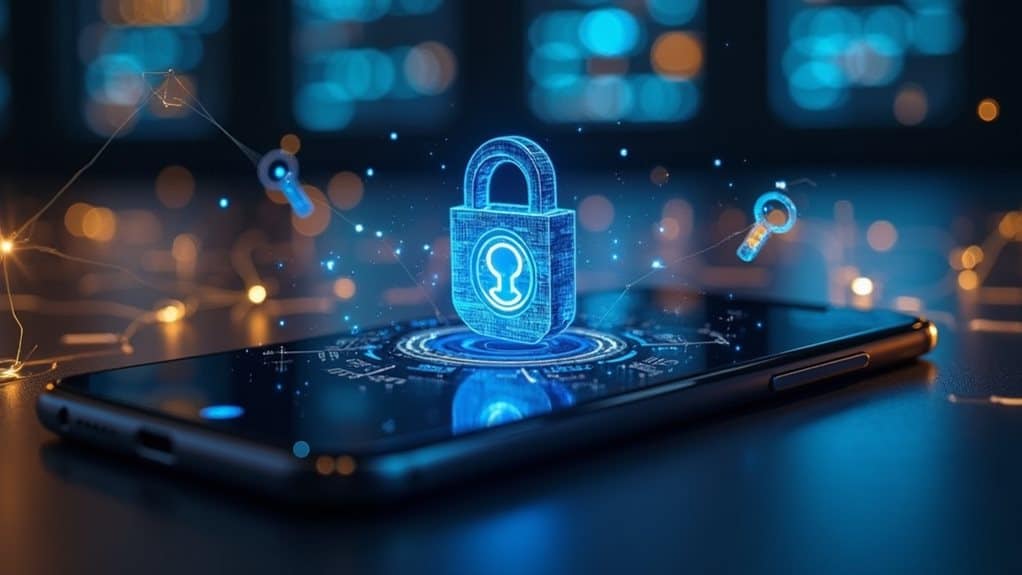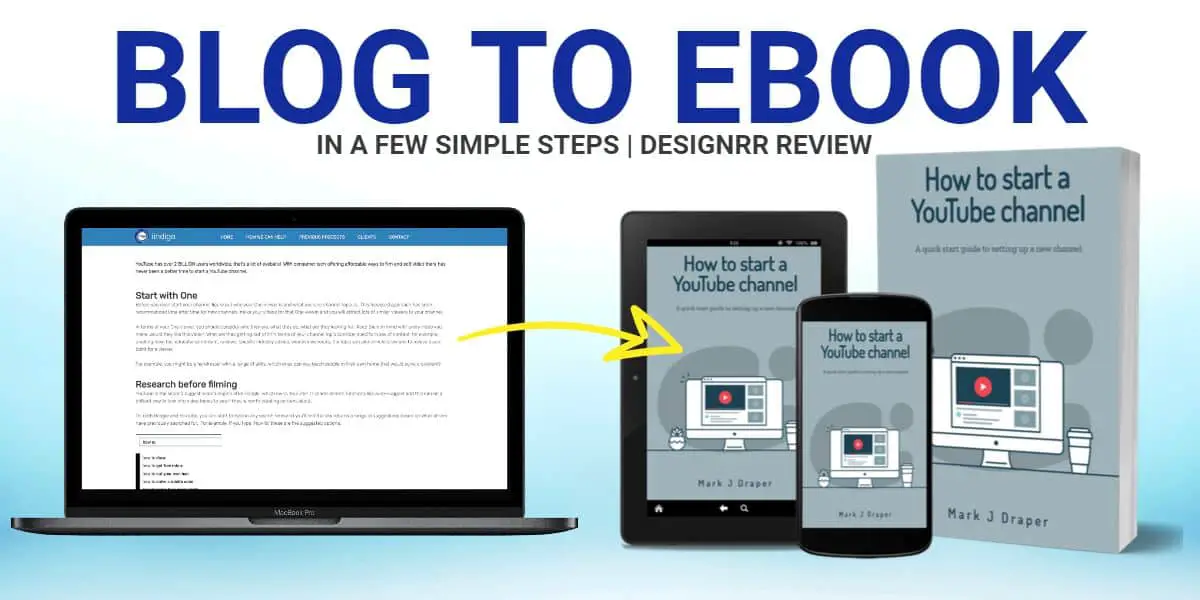You’ll find Elon Musk promoting his new messaging app XChat with claims of “Bitcoin-style encryption” that promises revolutionary privacy protection. The app offers end-to-end encryption, vanishing messages, and secure file sharing while currently in beta testing. However, security experts question this terminology since Bitcoin uses cryptographic signatures rather than encryption, and its public transparency contradicts messaging privacy needs. This confusion raises concerns about whether XChat’s actual security capabilities match Musk’s bold marketing claims and technical specifications.

Although Elon Musk has promoted XChat‘s “Bitcoin-style encryption” as a privacy breakthrough, crypto experts question whether this terminology accurately describes the messaging service’s security features.
The rollout of XChat brings improved messaging capabilities to all users, including end-to-end encryption, vanishing messages, file sharing, and audio/video calling. You’ll find that the service is built using the Rust programming language and features a new architecture designed to compete with secure messaging apps like Signal.
However, security experts have raised considerable concerns about the “Bitcoin-style encryption” terminology. Bitcoin doesn’t actually use encryption but relies on cryptographic signatures to secure transactions, and these transactions remain publicly accessible on the blockchain.
Bitcoin’s transparency-focused security model fundamentally contradicts the privacy requirements essential for secure messaging applications.
This fundamental difference has led crypto experts to question what XChat’s encryption actually entails. You should understand that Bitcoin’s security model involves public transparency, which contradicts the privacy goals of a secure messaging service.
Some speculate that Musk’s reference might point to peer-to-peer communication encryption similar to BIP-151, but this remains unclear. The confusing terminology has sparked mixed reactions from users who struggle to understand the service’s actual security capabilities.
XChat does offer legitimate privacy features that you can utilize, including end-to-end encryption and disappearing messages. You can also set a four-digit passcode for additional protection, providing an extra security layer for your communications. The service also allows users to mark messages as unread and delete messages for all users.
The use of Rust programming language for XChat has generated debate among tech experts regarding its suitability for security applications. While Rust offers certain advantages, some professionals express reservations about its implementation in privacy-focused services.
You’ll notice that the public response has been divided between interest in XChat’s feature-rich offerings and skepticism about its security claims. The “Bitcoin-style encryption” comparison may mislead users about the service’s actual privacy protection levels. XChat is currently available to select users during its beta testing phase before the anticipated full rollout.
Despite these concerns, XChat aims to revolutionize secure communications by providing thorough messaging features. Whether the service delivers on its privacy promises remains to be seen as experts continue analyzing its security implementation and users evaluate its real-world performance.
Frequently Asked Questions
What Specific Cryptographic Algorithms Does Xchat’s Bitcoin-Style Encryption Actually Use?
You can’t find specific details about XChat’s cryptographic algorithms because they haven’t been publicly disclosed.
The “Bitcoin-style encryption” claim remains vague and technically questionable since Bitcoin primarily uses digital signatures, not encryption.
XChat likely employs standard encryption methods like elliptic curve cryptography and SHA-256 hashing, similar to Bitcoin’s underlying protocols.
However, without official technical documentation, you’re left with speculation rather than confirmed cryptographic specifications for the messaging service.
How Does Xchat’s Encryption Compare to Existing Messaging Apps Like Signal?
You’ll find XChat’s encryption comparison with Signal reveals notable differences in transparency and verification.
Signal uses the well-documented Signal Protocol that’s widely accepted by security experts.
XChat’s “Bitcoin-style” encryption lacks clear technical details, creating skepticism among cryptography professionals.
While both apps offer end-to-end encryption, disappearing messages, and secure file sharing, Signal’s established protocols provide more verifiable security than XChat’s undisclosed methods.
Will XCHAT Be Open-Source so Security Experts Can Audit the Code?
You can’t currently audit XChat’s code because there’s no confirmation it’ll be open-source.
The platform hasn’t announced plans to make its code publicly available for security expert review.
This lack of transparency raises concerns among crypto experts who question XChat’s “Bitcoin-style” encryption claims.
Open-sourcing would allow community verification of security features and clarify encryption methods.
Without code access, you must rely on the company’s security promises rather than independent technical verification.
What Are the Potential Vulnerabilities in Xchat’s Encryption Implementation?
You’ll face several encryption vulnerabilities with XChat’s current implementation.
The platform lacks end-to-end encryption, meaning X can potentially access your messages. You’re vulnerable to man-in-the-middle attacks, and the four-digit PIN protection is easily cracked through brute-force methods.
Your cryptographic keys are likely stored centrally, creating single points of failure. Without open-source code or independent audits, you can’t verify the security claims or detect potential backdoors.
Can Government Agencies Still Access XCHAT Messages Through Legal Requests?
Government agencies can still access XChat messages through legal requests, but your data’s protection depends on the encryption’s implementation.
If XChat uses true end-to-end encryption, agencies would face considerable technical challenges accessing message content without encryption keys.
However, they can obtain metadata like IP addresses and connection times through subpoenas.
Your device’s physical security also matters, as forensic analysis could potentially reveal encrypted data if authorities gain direct access to your phone or computer.





